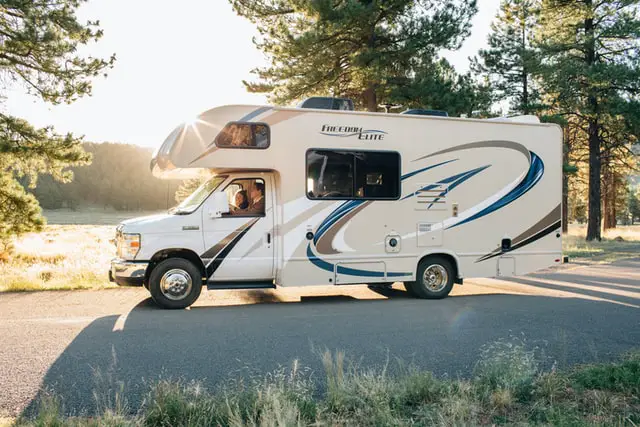The tires might be the last component on your mind when you think of your RV, but they’re incredibly important. As an RV driver, the quality of tires is directly related to the safety of your passengers. Recreational vehicles are meant to travel miles, and their tires should always be fit for that challenge.
Most RV drivers delay changing their tires as much as possible since a set of RV tires can be quite an investment. However, you wouldn’t want to make any compromises on safety either. So how often should you replace your tires to get the most value out of them without taking any risks? This article will share a few things to keep in mind to know when to replace your RV tires — let’s get into it.
When to Replace RV Tires
1. Time
The first thing to define whether or not you need to change your tires is how long they’ve been installed. According to the general rule of thumb, the RV tire age is no longer than 3 to 6 years depending on your usage.
If you take your rig out every once in a while, the tires might comfortably make it to the entire six-year term. However, frequently hitting the road with your RV might require an earlier tire change.
No matter how often you drive your RV, it’s not recommended to wait any longer than six years to replace your tires. So, if it has been over 5 years since you last replaced the tires, it’s time to get a new set.
2. Tread Wear
Besides time considerations, you should also keep a close watch on the tread health of your tires. Some tires are more durable than others. Problems like uneven treadwear can require you to change your tires as early as two years in. So, if your tires have dangerously little tread left on then, it’s important to replace your set before hitting the road — no matter how recently you got your new tires installed.
3. How Long Is Your Next Trip?
Besides time and treadwear, another key consideration is to think about how long and demanding your next trip is going to be. Is it a nearby recreational destination? Are the roads going to be smooth or rough? Will your tires be able to take it?
For instance, if you’re planning an extended RV vacation, it’s always recommended to have a set of reliable tires installed on your rig. However, you could get away with older tires on a quick weekend trip.
Replacing RV Tires — Conclusion
RVs come at a hefty price, which means you shouldn’t make any compromises on their care. Moreover, your rig carries you and everyone you love, so it’s always better to be safe than sorry when it comes to RV tires. Blowouts are way riskier on an RV, so you should take extra precautionary measures to ensure the safety of your passengers, your RV, and yourself. All the best!

